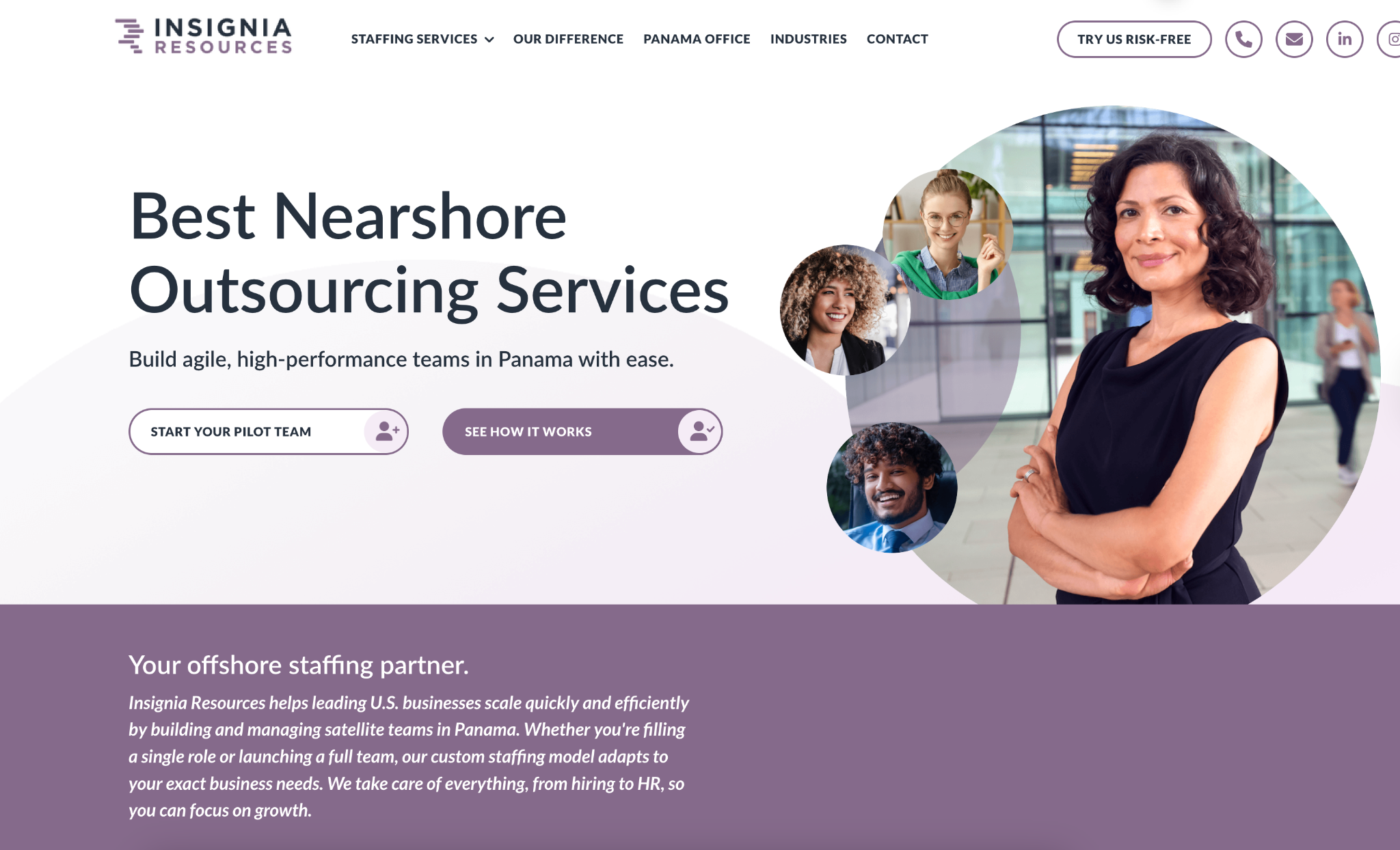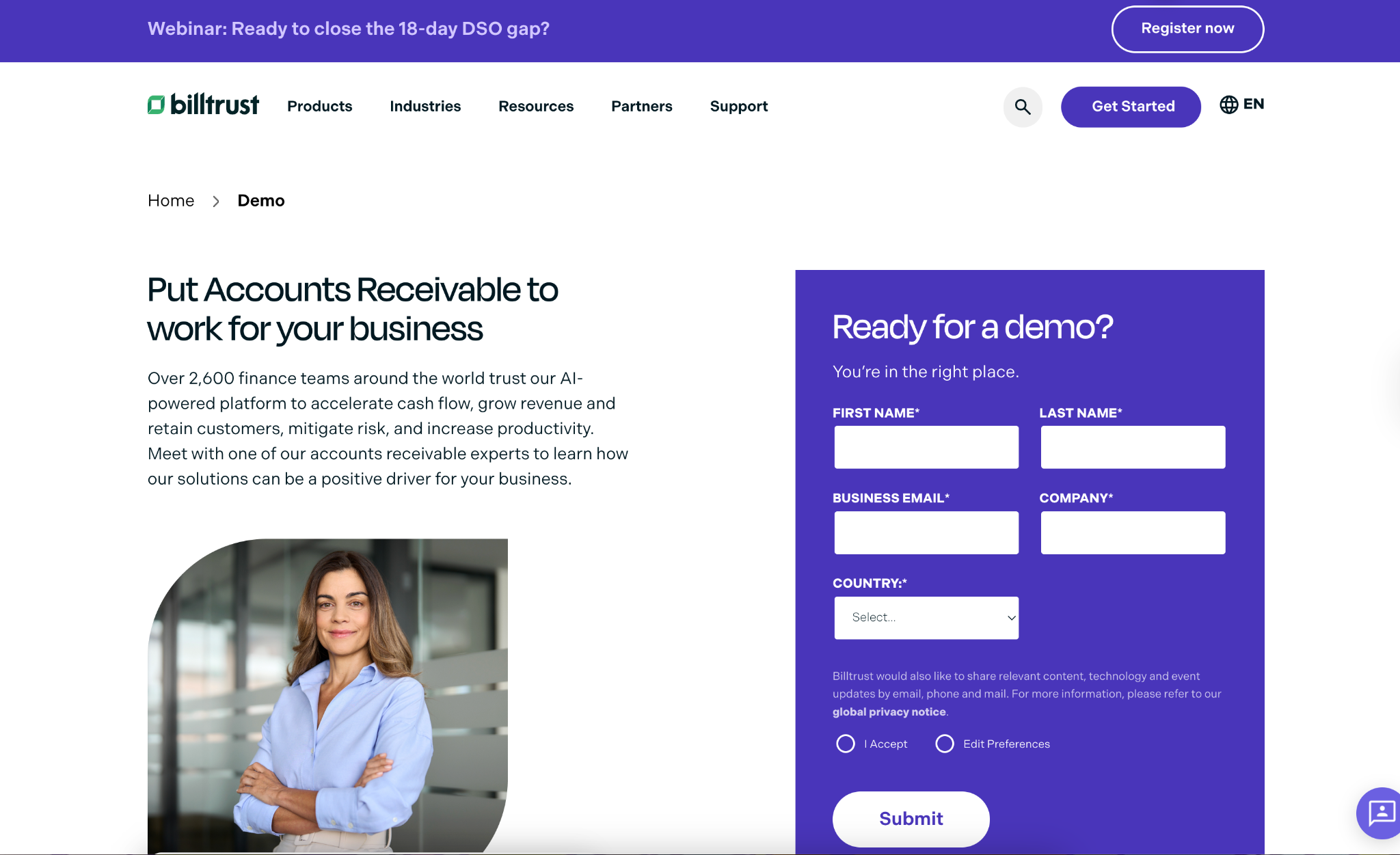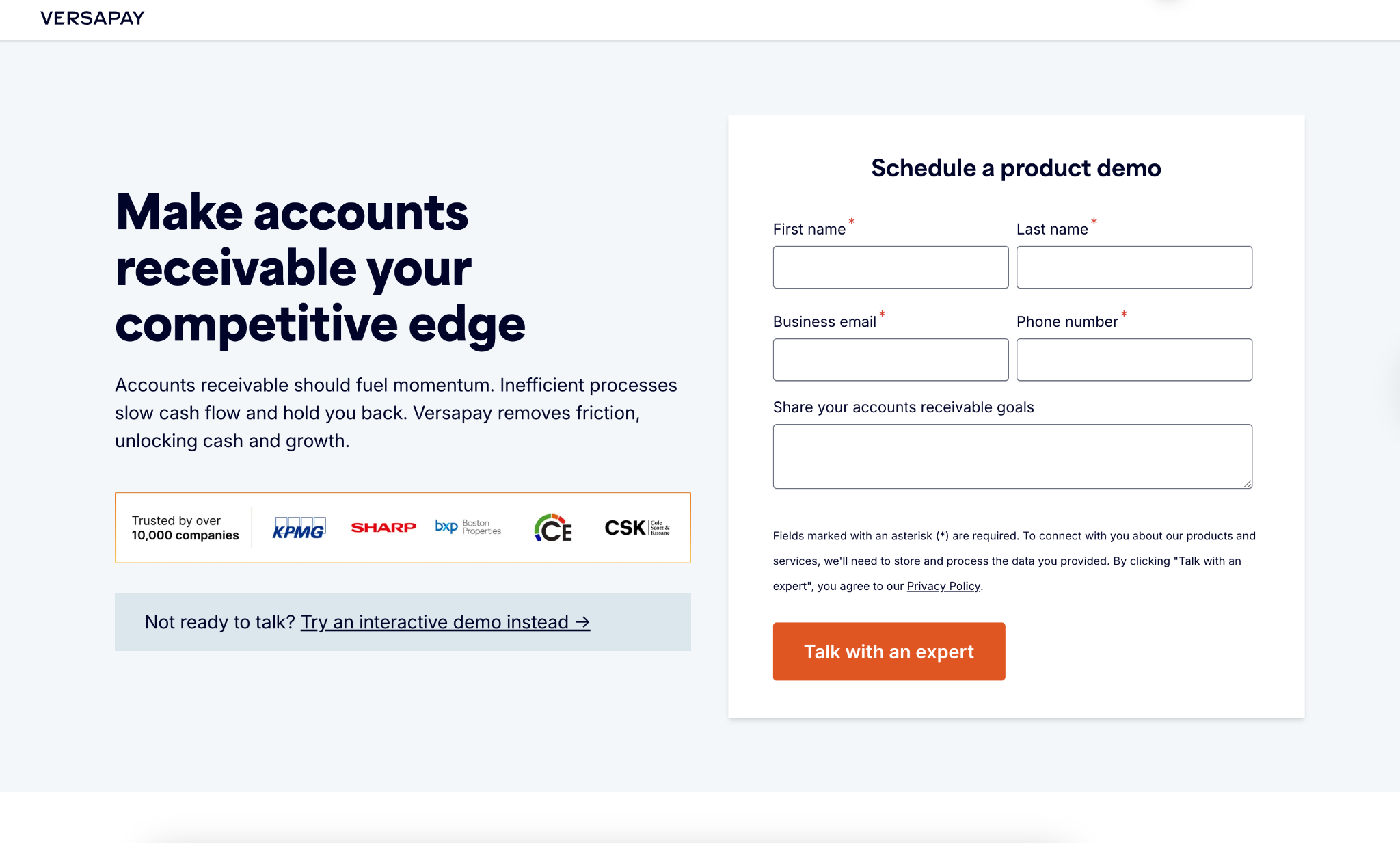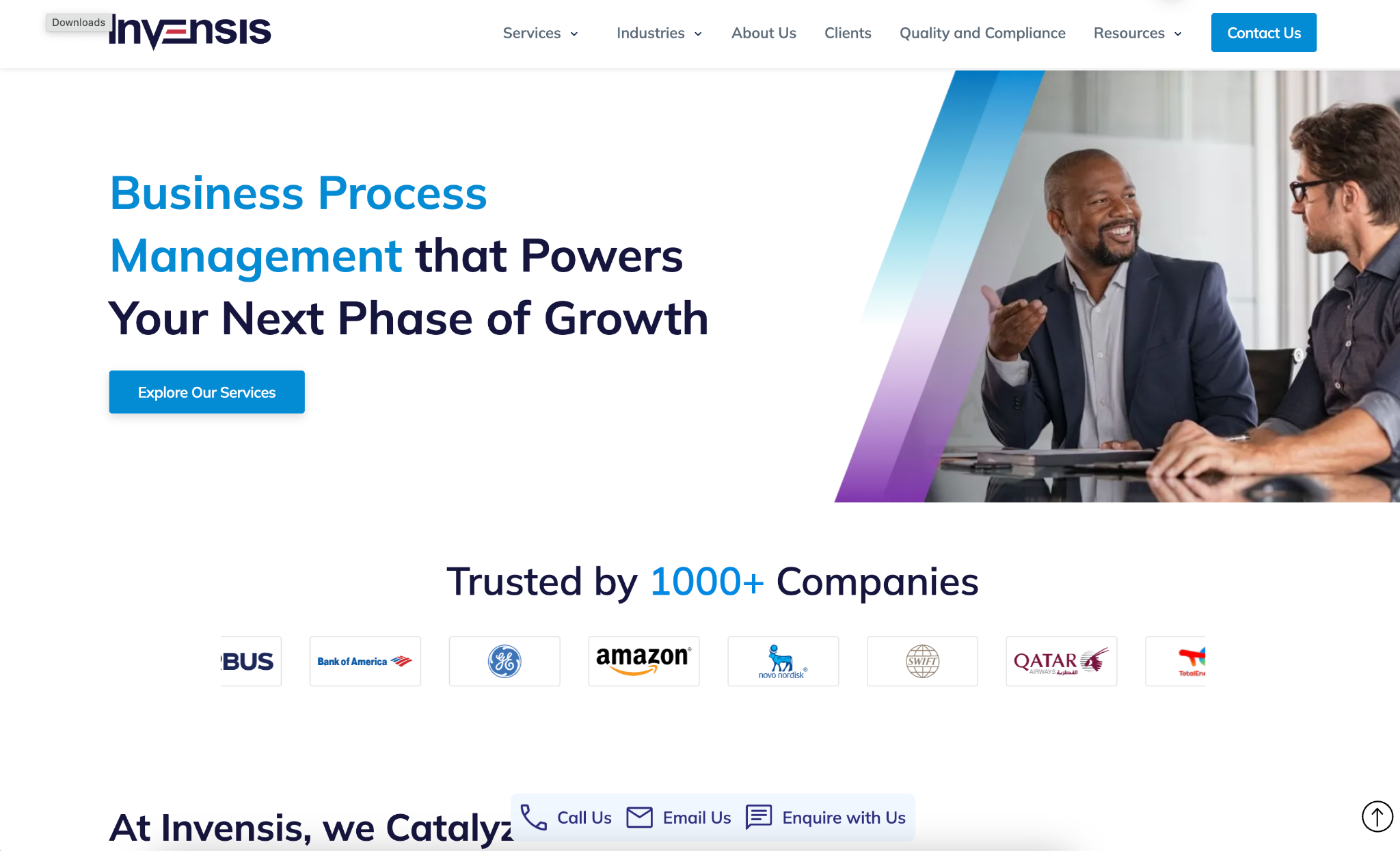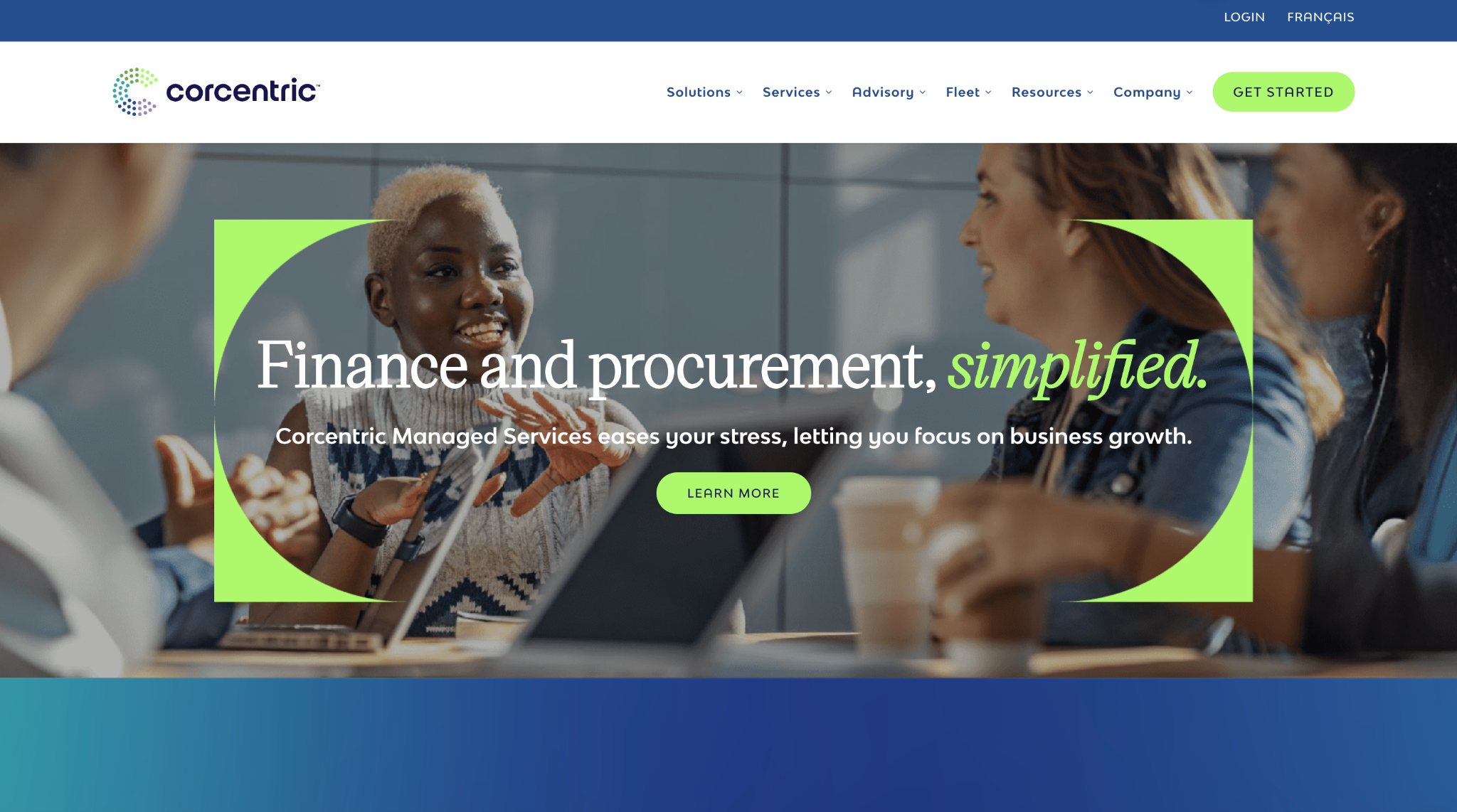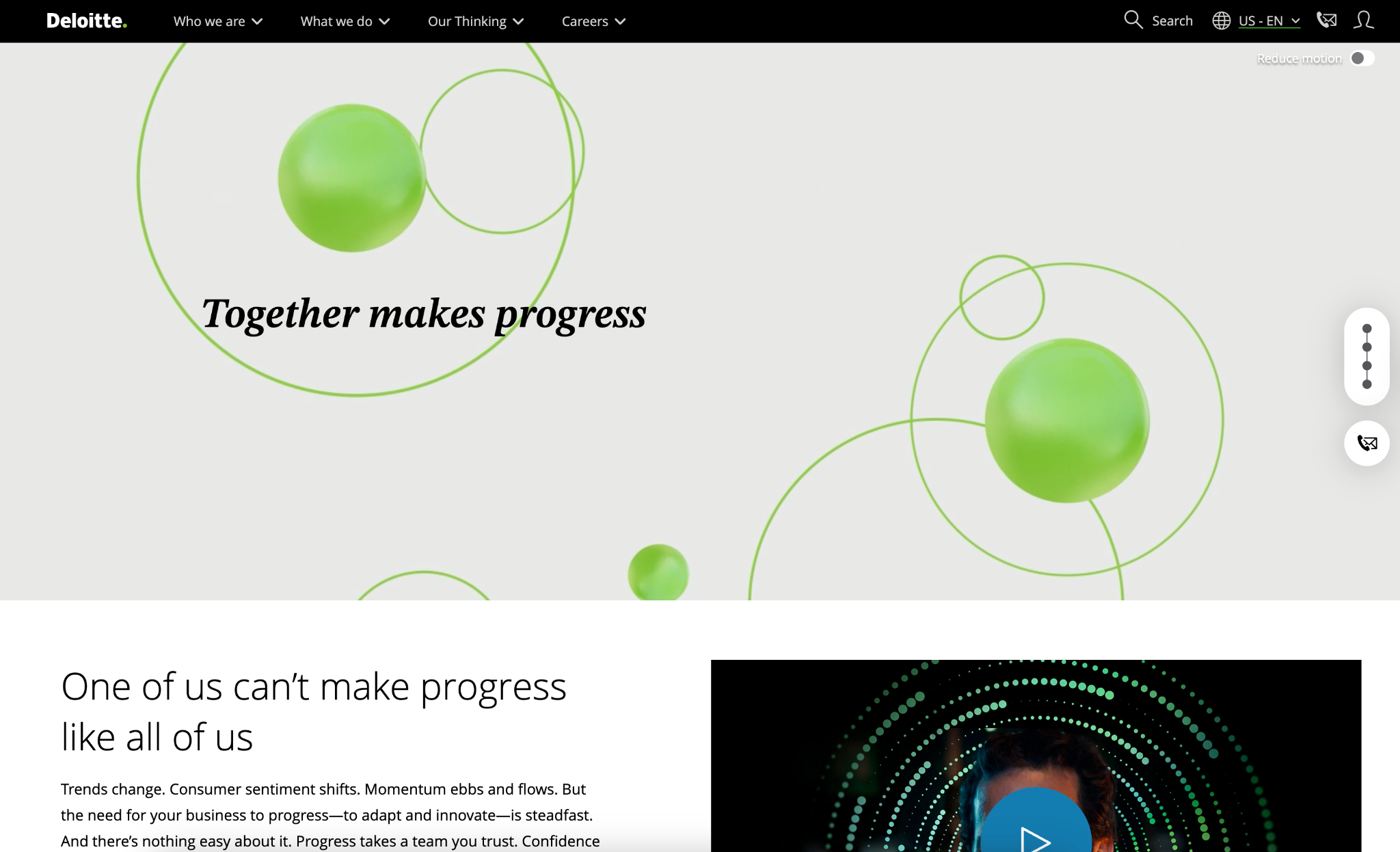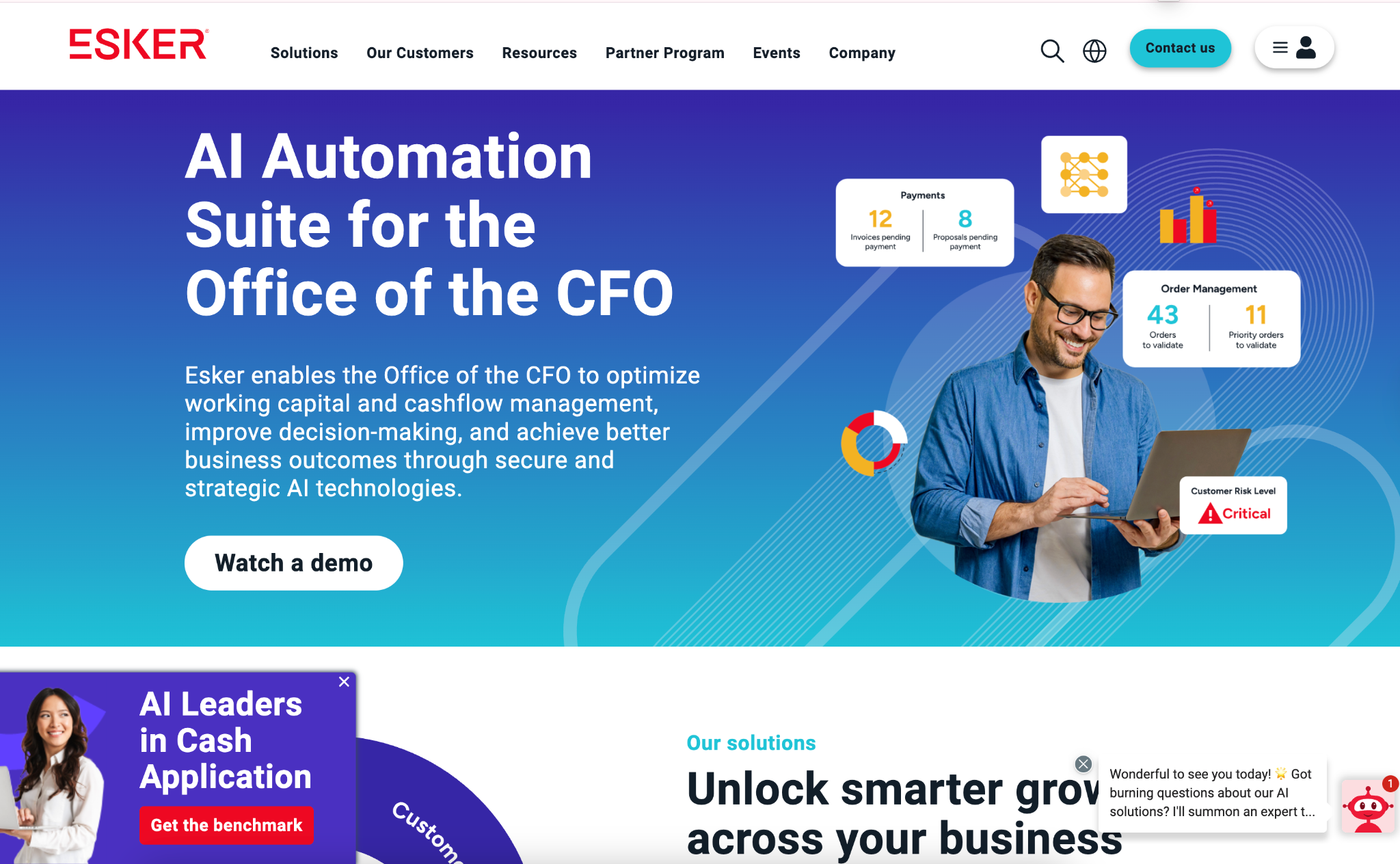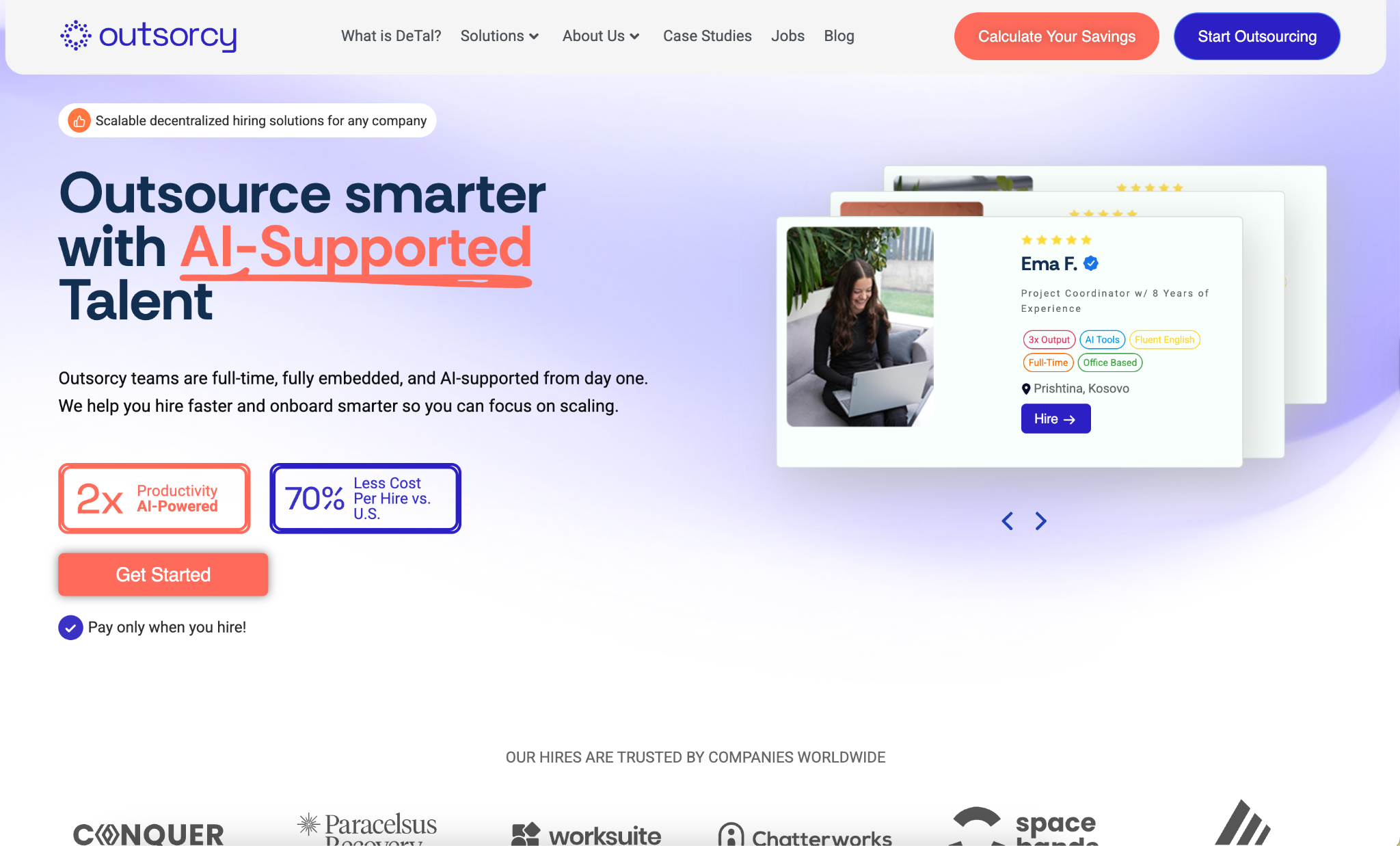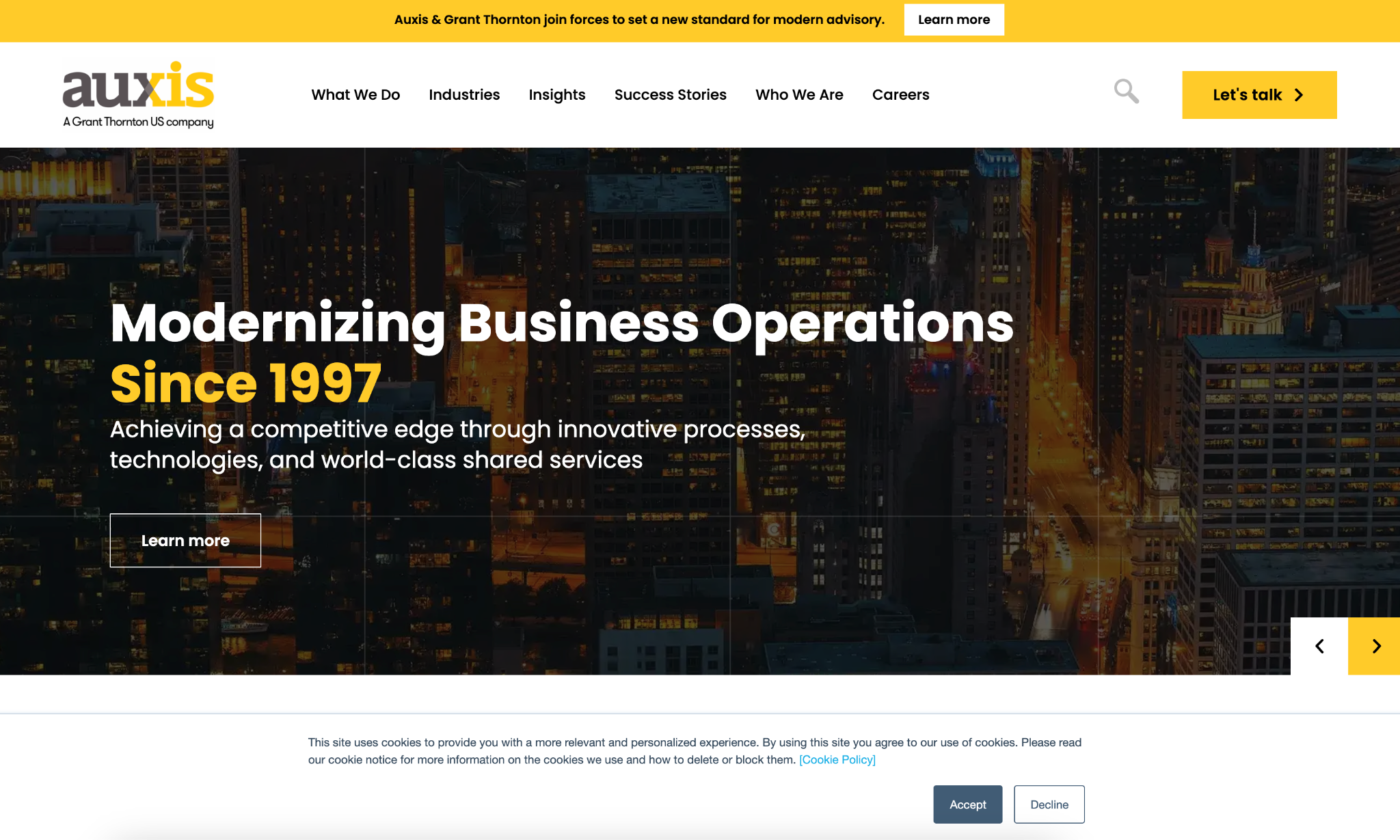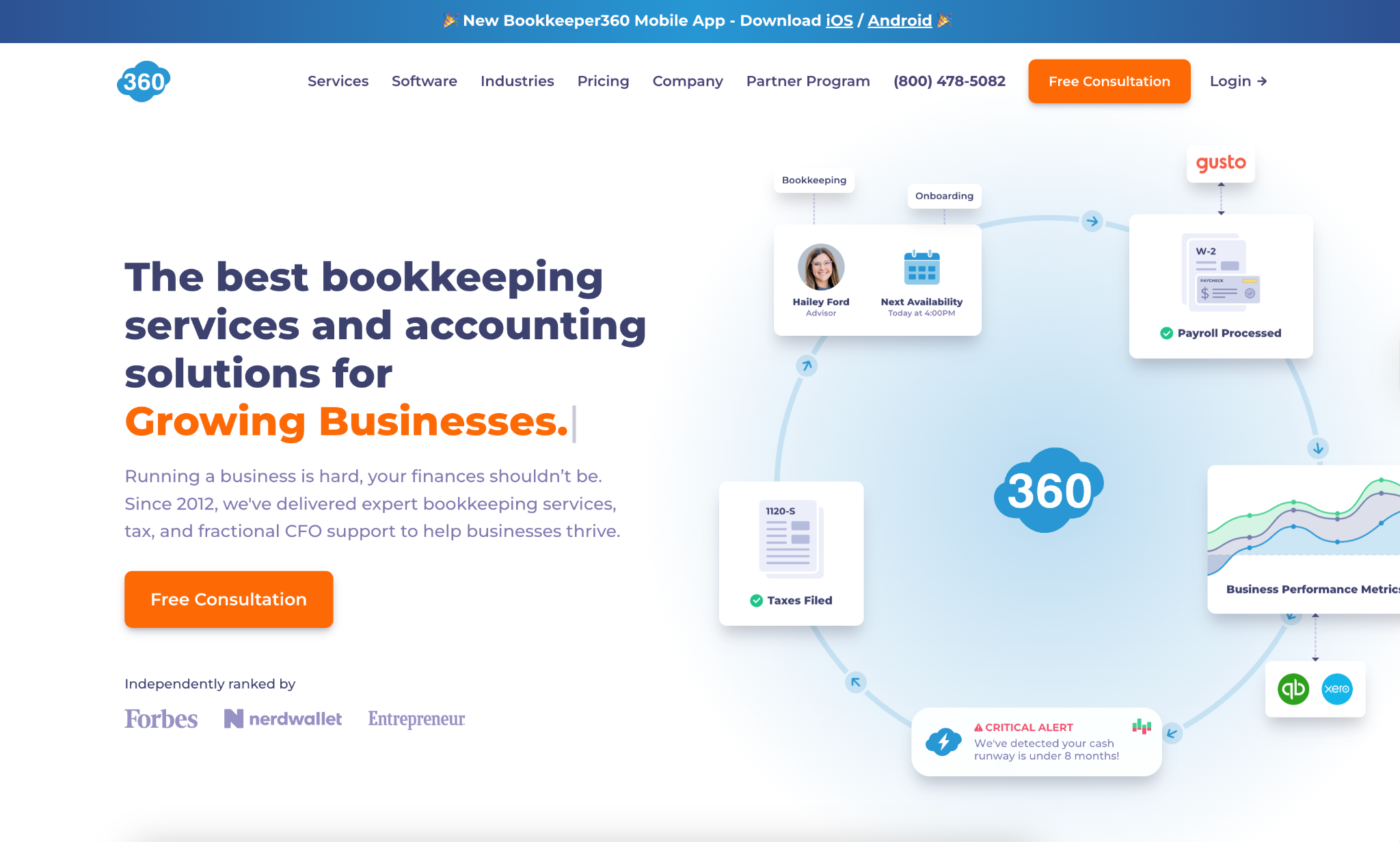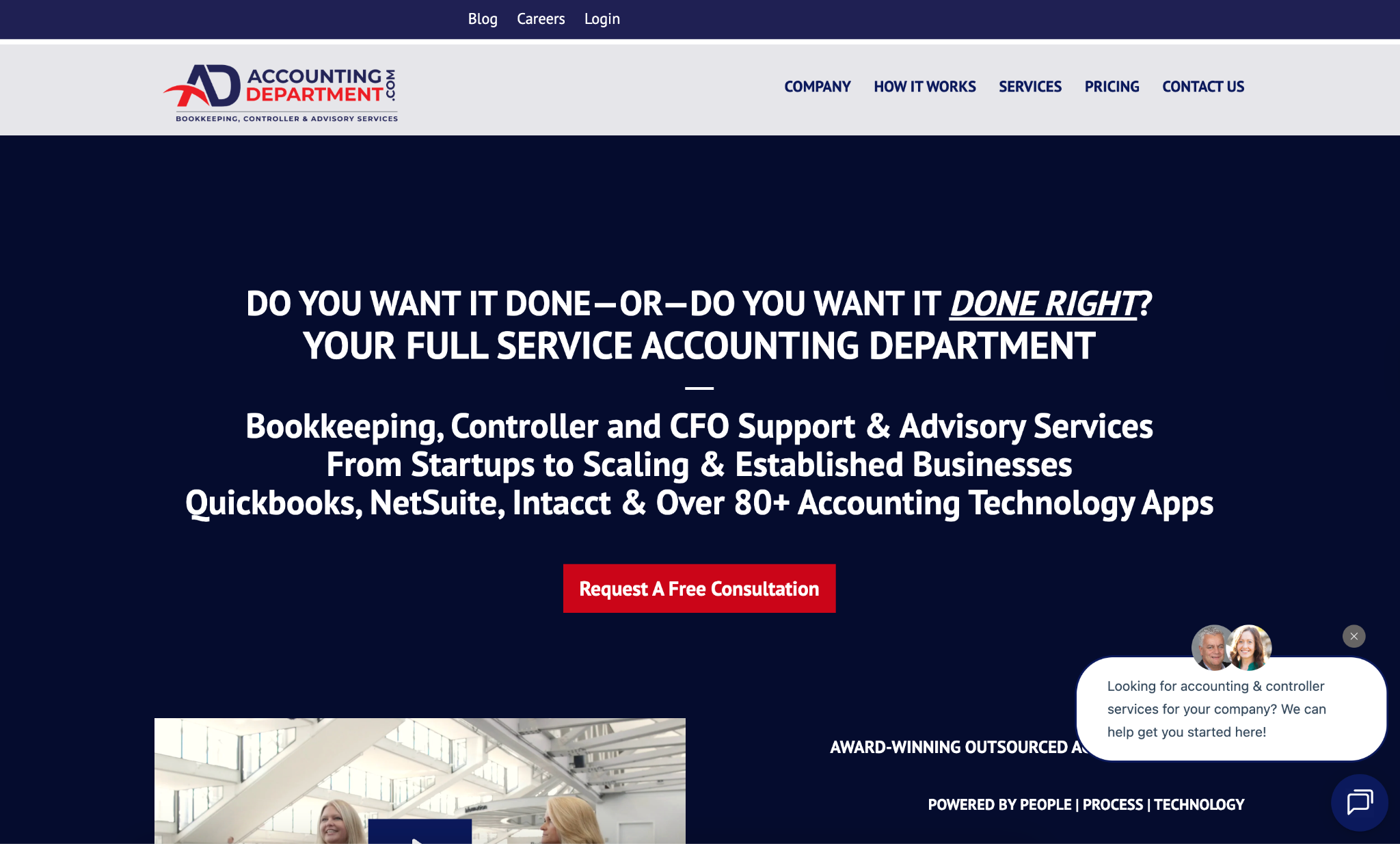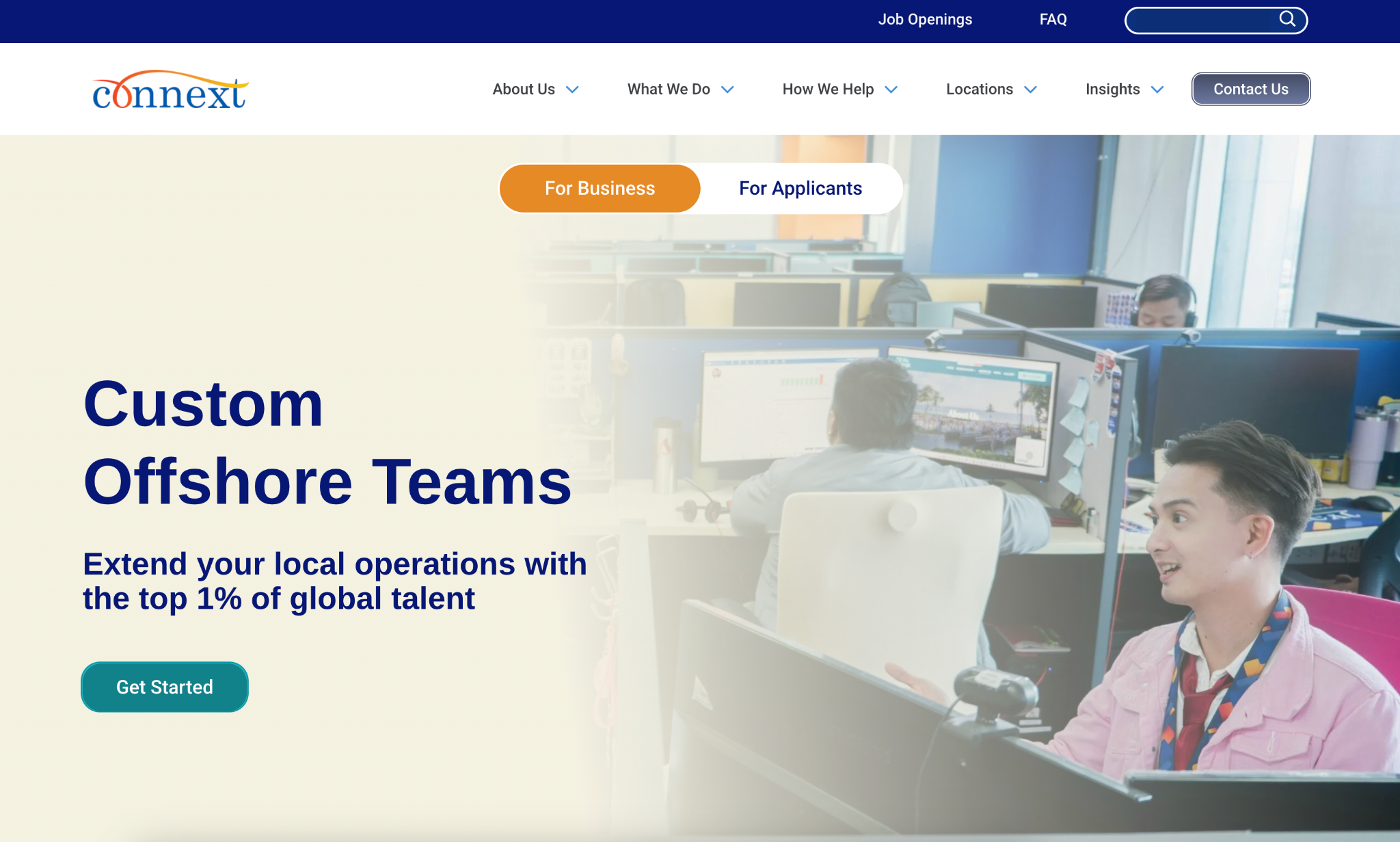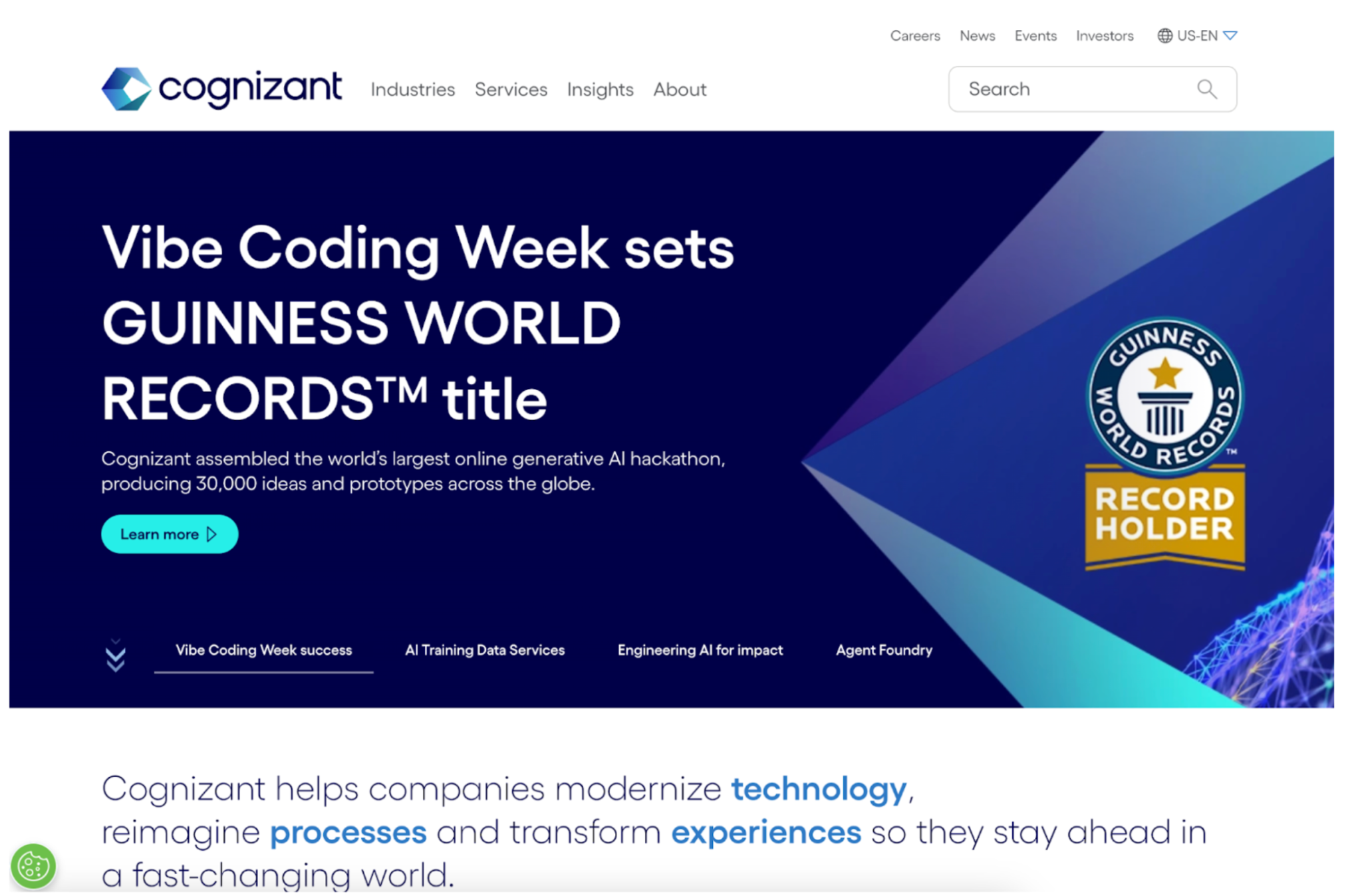As businesses face an unprecedented shortage of accounting professionals and mounting compliance pressures, finance leaders are turning to outsourcing as a strategic solution. With the U.S. experiencing a deficit of 340,000 accountants and the global finance and accounting outsourcing market growing at 8-9% annually, outsourcing has evolved from a cost-cutting measure into a comprehensive strategy that delivers specialized expertise, scalability, and competitive advantage.
What You’ll Learn:
- How outsourcing reduces operational costs while improving financial accuracy
- The strategic advantages of accessing specialized accounting talent
- Why scalability and technology integration make outsourcing a growth enabler
- How to mitigate compliance risks through expert oversight
- What to consider when selecting the right outsourcing partner
Cost Reduction Without Compromising Quality
The most immediate benefit of outsourcing finance and accounting services is significant cost savings. Businesses can reduce operational expenses by 20% to 60% compared to maintaining an in-house team, according to industry data.
When you hire full-time accounting staff, you’re responsible for salaries and benefits. You also cover paid time off and training costs. Office space and technology infrastructure add further expense. Outsourcing eliminates most of these overhead costs while providing access to experienced professionals who require minimal onboarding.
| Cost Component | In-House Team | Outsourced Team |
|---|---|---|
| Base Salary | $55,000-$85,000 per accountant | 40-60% lower |
| Benefits & Insurance | 25-40% of salary | Included in the service fee |
| Technology & Software | $5,000-$15,000 annually | Included in the service fee |
| Office Space | $3,000-$8,000 per employee | None |
| Training & Development | $1,500-$5,000 annually | Provider responsibility |
| Time to Fill Position | 4-5 weeks minimum | Days to weeks |
The 2022 UpCity survey found that 93% of small businesses reported positive experiences with outsourcing.
Access to Specialized Expertise and Technology
The accounting profession faces a severe talent shortage that shows no signs of abating. The American Institute of CPAs estimates that 75% of the current CPA workforce will retire within the next 15 years.
Outsourcing provides immediate access to specialized accounting professionals who possess industry-specific knowledge that would be difficult or expensive to acquire through traditional hiring. These professionals bring expertise in GAAP compliance and IFRS standards. They understand industry-specific reporting requirements.
Additionally, reputable outsourcing providers invest in cutting-edge accounting software and automation tools that smaller businesses might not be able to afford on their own. This technology integration improves accuracy and accelerates processing times.
| Technology Benefit | Business Impact |
|---|---|
| Automated invoice processing | Reduces manual data entry errors by 80-90% |
| AI-driven anomaly detection | Identifies discrepancies in real-time |
| Cloud-based platforms | Enables remote collaboration and instant access |
| Predictive analytics | Improves cash flow forecasting accuracy |
| Integrated reporting dashboards | Provides executives with up-to-date metrics |
According to Financial Executives International, 78% of companies cited addressing resource gaps as a key benefit of outsourcing. Another 51% valued access to better technology.
Scalability That Adapts to Business Cycles
You may require additional accounting support during the year-end close or audit season. Rapid growth periods demand more resources, and outsourcing provides the flexibility to scale resources up or down without the long-term commitments associated with hiring employees.
This scalability proves particularly valuable for growing companies. As your business expands into new markets, your accounting needs become more complex.
The Financial Executives International report found that 60% of larger companies expect to increase reliance on outsourcing providers over the next 3-5 years. The figure is 51% for smaller companies, driven largely by the need for scalable solutions.
Enhanced Compliance and Risk Mitigation
Regulatory compliance has become increasingly complex across industries. Healthcare organizations must maintain HIPAA compliance. Construction companies navigate prevailing wage requirements. All businesses face evolving tax codes and financial reporting standards.
Non-compliance can result in significant penalties and legal issues. Outsourced accounting providers specialize in staying current with regulatory changes and implementing processes that ensure compliance.
Professional outsourcing firms implement multiple layers of protection:
| Risk Mitigation Strategy | How It Protects Your Business |
|---|---|
| Regulatory expertise | Ensures reporting meets GAAP and IRS standards |
| Segregation of duties | Reduces fraud risk through role-based controls |
| Audit-ready documentation | Maintains organized records for every transaction |
| Data security protocols | Employs encryption and secure access |
| Quality control oversight | U.S.-based managers review work for accuracy |
Strategic Focus on Core Business Functions
Perhaps the most underappreciated benefit of outsourcing finance and accounting is the time it frees up for business leaders. When you’re not managing accounting staff or troubleshooting software issues, you can focus on strategic initiatives that drive revenue growth.
Business leaders who use outsourced accounting services report having more time for:
- Business development
- Faster decisions with access to real-time financial data
- Reduced stress from managing personnel issues
- Greater confidence in financial accuracy during critical decisions
Faster Turnaround and Improved Accuracy
Time zone alignment and dedicated resources enable outsourced teams to deliver faster turnaround times without sacrificing accuracy. Nearshore providers, particularly those in Latin America, operate in the same time zones as U.S. businesses, eliminating communication delays common with offshore arrangements.
Modern outsourcing providers leverage automation to eliminate manual tasks prone to human error. Invoice processing becomes faster. Expense categorization improves. Bank reconciliations and payroll calculations are more accurate when handled by specialized software combined with expert oversight.
According to industry research, automated accounting processes can reduce manual data entry errors by 80-90%. Processing times accelerate by 50-70%. This combination of speed and accuracy proves especially valuable during month-end close and tax season.
Choosing the Right Outsourcing Partner
Not all outsourcing providers deliver the same value. When evaluating potential partners, consider these critical factors.
Transparency and Communication
Look for providers who offer direct access to your accounting team. Clear reporting processes matter. Regular status updates keep you informed. The best partnerships feel like an extension of your internal team.
Industry Expertise
Providers with experience in your specific industry understand unique compliance requirements. They know reporting standards. They apply best practices that generalists may miss.
Technology Integration
Ensure the provider works with your existing accounting software. Seamless integration with your current workflows is essential.
Security Protocols
Verify that the provider employs enterprise-grade security measures. Encrypted data transmission protects sensitive information. Secure access controls limit exposure. Role-based permissions add another layer of safety.
Scalability
Choose a partner who can grow with your business. They should add resources during expansion. They should adjust service levels as your needs change.
The Path Forward
The finance and accounting outsourcing market is projected to reach $85.92 billion by 2031, growing at a compound annual rate of 7.78%. This growth reflects a fundamental shift in how businesses approach financial operations.
As talent shortages persist and compliance demands increase, outsourcing will continue evolving from a tactical solution into a core component of financial strategy. Companies that embrace this shift position themselves to operate more efficiently and access specialized expertise.
The question is no longer whether to outsource, but how to do it strategically to maximize value while maintaining the quality your business requires.
Take Control of Your Financial Operations
If mounting accounting costs or talent shortages are limiting your business growth, it’s time to explore a better solution. Insignia Resources specializes in finance and accounting outsourcing services that deliver cost savings, specialized expertise, and scalable support tailored to your specific needs.
Contact us today to discuss how outsourcing can transform your finance function and free your team to focus on what matters most: growing your business.




